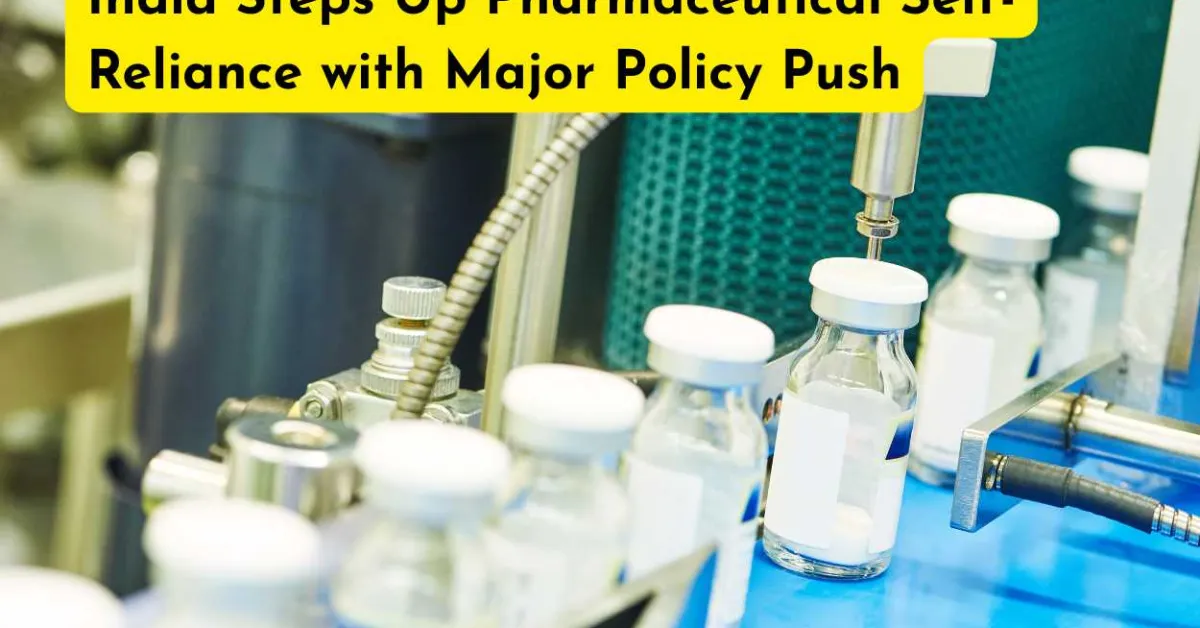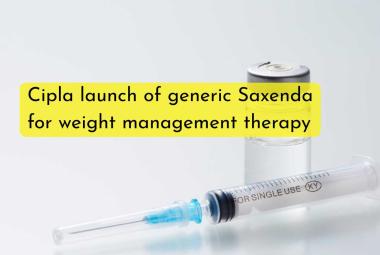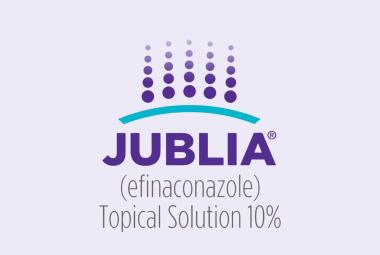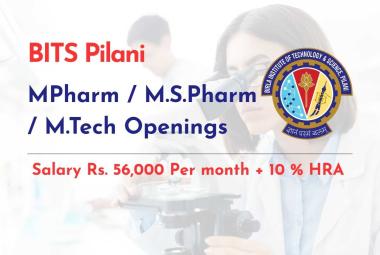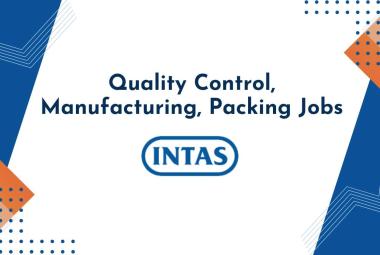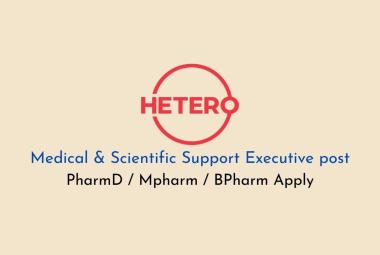The Government of India is accelerating its efforts to reduce dependence on pharmaceutical imports and strengthen domestic capabilities, with the Department of Pharmaceuticals rolling out key initiatives and reporting remarkable progress under flagship schemes.
At the core of this push is the Promotion of Research and Innovation in Pharma MedTech Sector (PRIP), a scheme with a financial outlay of Rs. 5,000 crore. Seven Centres of Excellence (CoEs) have been established at the National Institutes of Pharmaceutical Education and Research (NIPERs) to bolster cutting-edge research. So far, 106 projects have been approved under these CoEs, with Rs. 700 crore earmarked for state-of-the-art research infrastructure.
Boosting API and Bulk Drug Production
A major thrust has come from the Production Linked Incentive (PLI) Scheme for Bulk Drugs, aimed at improving self-reliance in critical Key Starting Materials (KSMs), Drug Intermediates (DIs), and Active Pharmaceutical Ingredients (APIs).
The scheme, with an outlay of Rs. 6,940 crore, has approved 48 projects across 32 companies for 33 essential molecules.
By June 2025, cumulative investment has already crossed Rs. 4,709 crore, surpassing the committed target of Rs. 3,938.5 crore.
Domestic capacity has been created for 26 critical APIs, with a minimum domestic value addition of 70–90%.
The scheme has generated cumulative sales of Rs. 1,962 crore, including exports worth Rs. 479 crore, effectively offsetting imports worth Rs. 1,483 crore.
High-Value Pharmaceuticals in Focus
The PLI Scheme for Pharmaceuticals, with a budget of Rs. 15,000 crore, is helping India diversify into high-value products such as biopharmaceuticals, biosimilars, complex generics, autoimmune and anti-cancer drugs.
Till June 2025, cumulative investment under the scheme has surged to Rs. 38,543 crore—more than double the committed Rs. 17,275 crore.
Capacity has been significantly scaled up, with 28 greenfield facilities established across the country.
Cumulative sales of approved products have reached Rs. 2,89,606 crore, with exports contributing Rs. 1,86,710 crore. Of this, APIs/KSMs/DIs accounted for Rs. 62,966 crore in sales, including exports worth nearly Rs. 39,000 crore.
Global Collaboration in Traditional Medicine
India is also making strides in integrating its traditional medicine systems with global frameworks. The WHO Global Centre for Traditional Medicine in Jamnagar has emerged as a hub for international collaboration. A landmark agreement signed with WHO in May 2025 will pave the way for an International Classification of Health Interventions module for AYUSH systems, enabling standardised coding and global comparability of data.
Strengthening the Pharma Ecosystem
Speaking on the progress, officials highlighted that these initiatives not only reduce reliance on imports but also position India as a global leader in pharmaceuticals and medical technologies. With substantial investments, export growth, and a strong innovation ecosystem, India’s pharma sector is well on its way to achieving greater self-reliance and global competitiveness.


